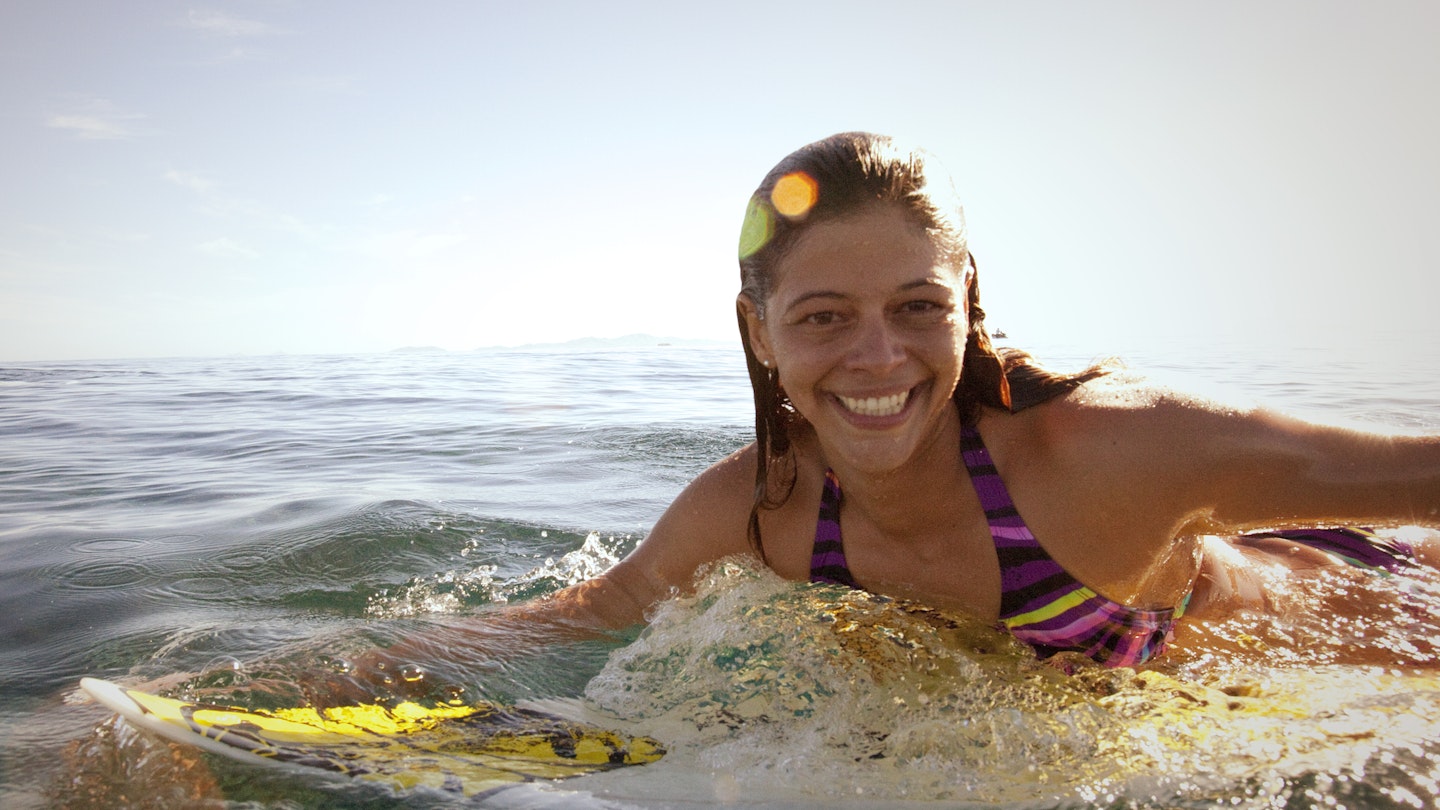Travel Tips for Exploring Fiji
With 333 islands making up this South Pacific dreamscape, it would take a lifetime to truly explore every corner of Fiji. Having lived in Fiji’s capital city, Suva, for several years, I’ve made many travel mistakes and cultural snafus so you don’t have to. From choosing an island to kava drinking etiquette and packing essentials, here are the dos and don’ts of traveling to Fiji.

1. What to Know Before Going to Fiji
No two islands are exactly alike in Fiji, and it’s worth researching the main ones before you arrive. If you’re limited on time and want to see some of the country’s best beaches, spend your time island-hopping around the Yasawa and Mamanuca Islands. For waterfall-laden hiking trails and technicolor coral reefs, Taveuni awaits. Viti Levu, the main island, is home to Fiji’s capital city and hosts some of the best-value resorts, cultural activities, hiking, and most of Fiji’s population.
For a truly novel stay, consider Beqa, known for its firewalkers and strong cultural connection with the bull sharks around its reefs. Vanua Levu, Fiji’s second-largest island, hosts the charming town of Savusavu, a hub for scuba diving, freediving, and laidback living.
If you’re keen on splurging, choose from several private island resorts—accessible by helicopter, seaplane, or boat—that offer an exclusive experience. Top recommendations include Kokomo Private Island Fiji, Vomo Island Resort, and Castaway Island Resort.
2. Embrace Smaller Resorts and Homestays for a Fijian Experience
Generally, the larger the resort, the less authentic your experience may feel. Many international chain resorts are found on Denarau Island, which lacks a true Fijian vibe but compensates with ample pools, bars, and restaurants. In contrast, smaller resorts and homestays are often adorned with locally made art, offer guided trips to nearby villages, and serve traditional Fijian cuisine. Once the staff finishes their shifts, they’re likely to invite you for a round or two of kava.

3. Schedule Outdoor Adventures at the Start of Your Trip
Life in the tropics means varying weather conditions, so it’s wise to plan your hikes, scuba dives, snorkel tours, and sailing trips towards the beginning of your stay. This way, you’ll have ample time to reschedule if necessary.
4. Stay for a Week or More
If you plan to visit just one or two areas of Fiji, a week is sufficient for a balance of sightseeing and relaxation. However, if you want to explore multiple places, you’ll lose time traveling between islands. It’s best to slow down, picking just a few locations to stay. Opt for day trips from your accommodation where possible, rather than shifting to new locations every few days.
5. Pack Floral Patterns and Bright Colors
Don’t hesitate to pack the floral button-up shirt or dress hiding in your closet. Fijians tend to wear bright, bold colors, often showcasing Pacific Island patterns or tropical prints. A nice pair of sandals and a vibrant outfit will suit you for casual beach bars, fine-dining venues, and exploring Suva. Outfits that cover shoulders and knees are appropriate for village and church visits as well.
6. Affordable Transportation Options on Main Islands
Traveling around Viti Levu is budget-friendly if you utilize the bus system. Large buses connecting to Nadi International Airport have luggage storage and are air-conditioned, while public buses are cheaper but make frequent stops. Taxis are metered and generally affordable, though primarily available on the larger islands.

7. Embrace the Bula Spirit
Wherever you go, expect to hear a warm “bula!” from locals. Fijians are renowned for their hospitality and are generally forgiving of social blunders. A few Fijian words can go a long way, including bula (hello), vinaka (thank you), and moce (see you later).
8. Don’t Enter a Village Empty-Handed
When visiting a village, it’s customary to bring a sevusevu, often in the form of kava, a pepper root consumed from a traditional wooden bowl called a tanoa. Depending on your visit, you may be invited to drink kava with the community or simply granted access to their land for exploration.
9. Dress Appropriately in Villages
When entering a village, both men and women should wear a sulu (sarong) wrapped around their waists and a shirt covering their shoulders. Avoid wearing anything on your head, such as sunglasses or hats, which are seen as disrespectful.
10. Ask Local Etiquette Tips on Kava Drinking
When invited to drink kava in a village, enter without shoes and sit cross-legged near your village representative. Each community may have different customs; it’s advisable to inquire about proper etiquette from the person hosting you. It’s perfectly acceptable to request a smaller serving if you want to pace yourself.

11. Rugby: The Beloved Sport
No sport is more adored than rugby in Fiji. After work and on weekends, rugby pitches are lively, and discussing rugby is a surefire way to make friends. Even without deep knowledge of the game, attending a match or watching a televised game at a bar is worthwhile.
12. Be Cautious of Tap Water
Tap water is generally drinkable in Suva, and most hotels offer filtered water. Yet, in other areas, it’s best to use bottled water or a portable filter for safety.
13. Exercise Caution in Cities After Dark
As with any major city, it’s wise to be cautious in Fiji. Secure your belongings and remain vigilant. Crime against tourists is low; however, theft can occur. Avoid going out alone at night, especially in bars near Nadi and Suva.
14. Seek Help When Necessary
On the major islands, contact the police (emergency number 911, for services call 917) if you require assistance. On outer islands, the police may not be present, so your best option is to seek help from your accommodation or the village leader.




